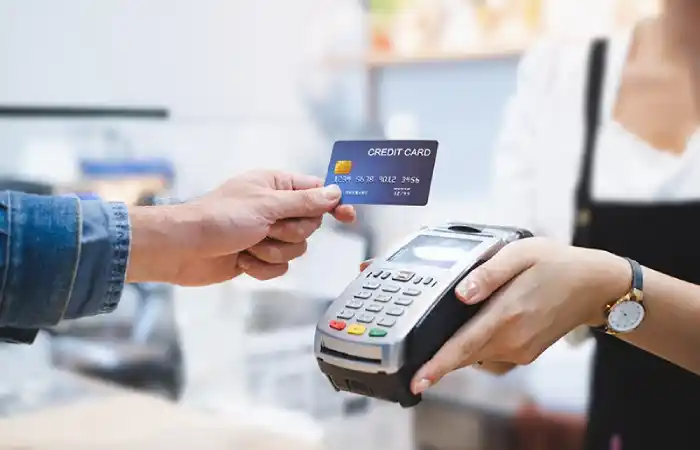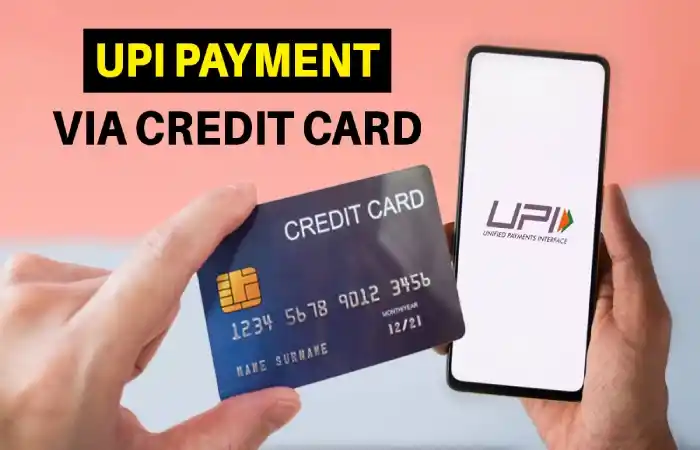 Credit Card Write for Us: The money deposits made into a bank’s current account. The public with small savings finds it safe to keep their money in a savings account. They encourage saving habits among the masses. They are most convenient to small businesses, salaried employees, artisans, and people from low- and middle-income groups. The money deposited in a savings account is withdrawn when required. However, the bank may regulate the number and amount of withdrawals.
Credit Card Write for Us: The money deposits made into a bank’s current account. The public with small savings finds it safe to keep their money in a savings account. They encourage saving habits among the masses. They are most convenient to small businesses, salaried employees, artisans, and people from low- and middle-income groups. The money deposited in a savings account is withdrawn when required. However, the bank may regulate the number and amount of withdrawals.
A cash credit refers to a plan by which the bank allows customers to borrow money up to a specified limit from an account opened. The customer need not withdraw the entire amount in one payment. He may start as, and when he needs, the ad interest charge on the actual withdrawal amount. The customer has to pledge or hypothecate security to the bank.
Creation of Credit
Commercial banks create credit. This is a unique function of profitable banks. Credit makes out of the primary deposits received from the public. Part of the total amount of these deposits gives as loans and advances to its customers.
Whenever a bank grants a loan to a customer, it does not pay cash but deposits the amount in a deposit account. Thus, secondary deposits or deposits or derived deposits create.
Advantages & Disadvantages of Credit Card
A credit card has become an indispensable part of our lives, with its ease of use and convenient pay-back options. The discounts, offers, and deals a credit card offers are unmatched by any other financial product and spell a bonanza for the wise user. However, credit cards can develop debt traps if not used correctly or if you spend more than you can repay when the bill comes around.
If you’re new to the world of credit, here’s a list of the advantages and disadvantages of your little plastic card.
Benefits of Credit Cards
 1. Easy access to credit
1. Easy access to credit
The most significant advantage of a credit card is its easy access to credit. Credit cards function on a late payment basis, meaning you can use your card now and pay for your consumptions later. The money used does not go out of your account, thus not bumping your bank balance every time you swipe.
2. Structure a line of credit
Credit cards offer you a casual to build up a line of credit. This is significant as it lets banks view an active credit history built on your card repayments and usage. Banks and economic institutions often look to credit card usage to gauge a potential loan applicant’s creditworthiness, making your credit card important for future loans or rental applications.
3. EMI capacity
If you plan on making a significant buying and don’t want to sink your savings into it, you can put it on your credit card to submit payment. You can also choose to pay off your acquisition in parallel monthly installments, ensuring you aren’t paying a lump sum for it and hitting your bank balance. Paying through EMI is inexpensive than taking out a private loan to pay for a purchase, such as a television or an expensive fridge.
4. Incentives and offers
Most credit cards come packed with offers and incentives to use your card. These range from cash back to rewards point accumulation each time you swipe your card, which can later be redeemed as air miles or used to pay your outstanding dues. Lenders also offer discounts on purchases made through a credit card, such as flight tickets, holidays, or large purchases, helping you save.
5. Flexible credit
Credit cards come with an interest-free period, which is a period during which your outstanding credit does not charge interest. Between 45 and 60 days, you can avail of free, short-term credit if you pay off the balance due by your credit card bill payment date. Thus, you can benefit from a credit advance without paying the charges associated with an outstanding balance on your credit card.
How to Submit Your Articles
To Write to Us, you can email us at contact@thewhoblog.com
Why Write for The Who Blog – Credit Cards Write For Us
 Writing for The Who Blog can give massive exposure to your website for customers looking for Credit Cards. The Who Blog presence is on Social media and will share your article with the Credit cards-related audience. You can reach out to Credit Cards enthusiasts.
Writing for The Who Blog can give massive exposure to your website for customers looking for Credit Cards. The Who Blog presence is on Social media and will share your article with the Credit cards-related audience. You can reach out to Credit Cards enthusiasts.
Search Related Terms to Credit Cards Write for Us
credit cards
credit cards for bad
best credit cards
best credit cards 2022
business credit cards
chase credit cards
best cashback credit
best business credit cards
money one credit cards
best credit cards 2023
credit cards for fair credit
travel credit cards
best travel credit cards
credit cards to build credit
student credit cards
how many credit cards should I have?
0 Apr credit cards
cashback credit cards
bad credit cards
best credit cards to build credit
0-interest credit cards
best credit cards for beginners
Types of Credit Cards
Most major credit cards—Visa, Mastercard, Notice, and American Direct—are issued by banks, credit unions, or other fiscal societies. Many credit cards attract clientele by offering motivations such as airline miles, hotel room rentals, gift permits to major retailers, and cashback on procurements. These types of credit cards are generally referred to as reward credit cards.
To generate customer loyalty, many national shops issue branded types of credit cards with the store’s name inscribed on the face of the cards. Although it’s typically more accessible for clients to be in the running for a store praise card than for a major credit card, stock cards may use only to make purchases from the issuing retailers, which may offer cardholders perks such as special discounts, advertising notices, or special sales. Some large shops also offer co-branded major Visa or Mastercard credit cards that can be cast off anyplace, not just in retail stores.
Which is the Best Credit Card for You?
- Your expenditure pattern: Your monthly spending pattern is vital in choosing the right credit card.
- The reward type: Credit cards offer lots regarding cashback, rewards points & air miles.
- Fees: Compare the interest rate on different cards and the applicable fees and charges.
- Offers on the card: Some cards have great offers and reductions when you use them to shop on a particular website or when you use them in an exact store.
- Welcome bonus or gift: Some banks offer welcome gifts and joining extras on applying for a credit card. Gifts could be the latest gadget or bonus facts and much more.
- Payment options: Most cards will let you make expenditures via numerous channels.
Article Guidelines on The Who Blog – Credit Cards Write For Us
The Who Blog welcomes fresh and unique content related to the Credit Cards Write For Us.
The Who Blog allows at least 500+ words related to Credit Cards Write For Us.
The editorial team of The Who Blog does not encourage promotional content related to Credit Cards Write For Us.
For publishing an article at The Who Blog contact@thewhoblog.com
